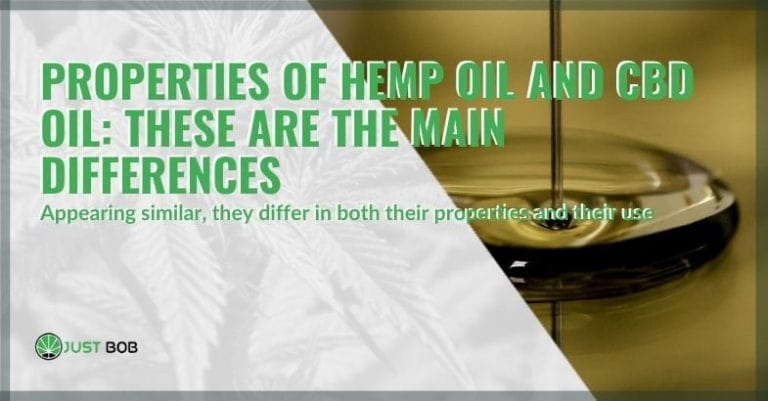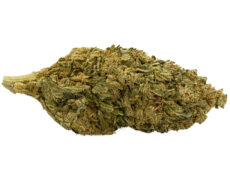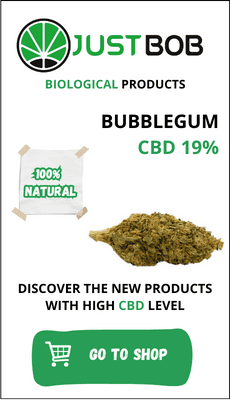Modified on: 19/04/2024
APPEARING SIMILAR, THEY DIFFER IN BOTH THEIR PROPERTIES AND THEIR USE
From 2017 (the year the historic law that sanctioned the birth of the cannabis sativa and industrial hemp supply chain came into effect) until today, we have witnessed a steady growth in the cannabis products market.
Hemp-derived oils are increasingly sought after by consumers, not just in Switzerland, due to the many beneficial properties they seem to offer.
-
 SMALL & BIG
SMALL & BIGBUBBLEGUM
Starting from: 1,25CHF/gIndoor | CBD – CBDA<22%
Grams3 5 10 20 50 100 -


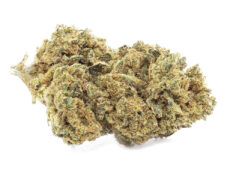
DO SI DOS
Starting from: 2,00CHF/gIndoor | CBD – CBDA < 19%
Grams3 5 10 20 50 100 -


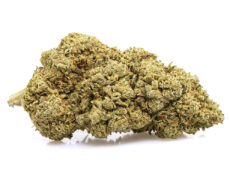
ROYAL GG#4
Starting from: 2,30CHF/gIndoor | CBD – CBDA < 40%
Grams3 5 10 20 50 100 -


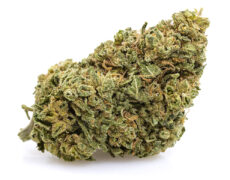
GORILLA GLUE
Starting from: 2,90CHF/gIndoor | CBD – CBDA < 20%
Grams3 5 10 20 50 100
Due to the great interest, our goal is to examine the two main types of oils derived from the hemp plant, which are often confused: hemp oil and CBD oil.
Read also: Can CBD oil really alter the effects of the birth control pill?
Hemp oil and CBD oil use different parts of the plant
Hemp oil, or more accurately, hemp seed oil, and Cannabidiol oil are derived from the same plant: industrial hemp, which is a low-THC variety created through breeding programs.
However, if hemp oil is made from the seeds of the plant, CBD oil mainly takes advantage of the flowers, which contain precious molecules such as cannabinoids and terpenes, which serve to protect the plant from external agents such as parasites or excessive heat.
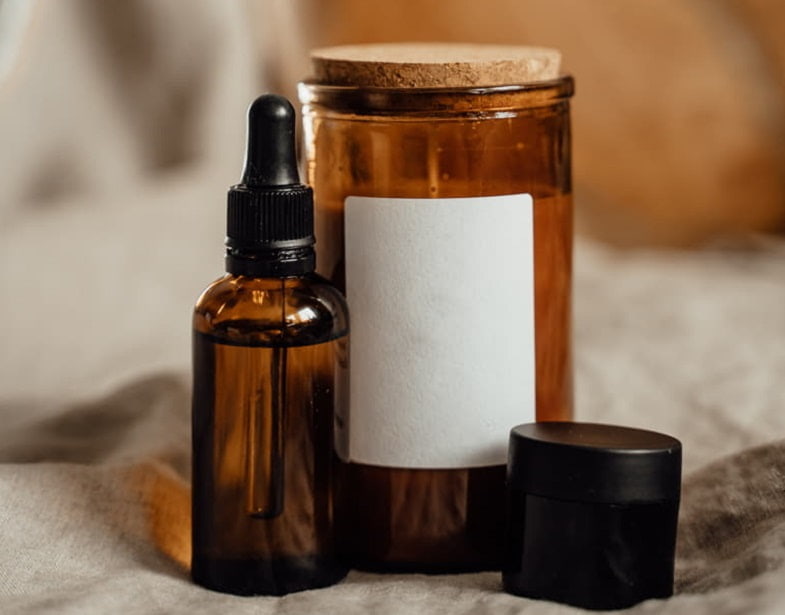

These substances are also present in the leaves and stems of the plant, but only in small amounts.
Hemp oil, for its part, is obtained from the seeds of the plant, which do not contain cannabinoids, but are rich in nutrients, such as Omega-3 fatty acids, proteins and vitamins.
Having made this critical distinction, let’s now look at what the potential beneficial properties of these two hemp-derived oils are, and how best to use them to obtain advantages.
Hemp oil: properties and uses
Hemp oil is a vegetable oil obtained by cold pressing the seeds of the homonymous plant.
It is green in color, with a more or less marked intensity, and when tasting it you can find a flavor similar to that of hazelnuts.
His quirk? Being a food source with high nutritional value: it is rich in omega-6 and omega-3 fatty acids (present in a 3:1 ratio, which is the ideal ratio according to nutritionists) and contains alpha linolenic acid, vitamins from group B and fundamental trace elements, such as phosphorus and magnesium.
For this reason, and because it does not contain THC, it is used mainly for food use, as a condiment in the kitchen or as a supplement, available in drops or capsules. In addition, it can also be used as an ingredient in the preparation of cosmetic products.
Read also: Is it legal to import cannabis seeds from Amsterdam? Let’s clarify
CBD oil: properties and uses
As we have seen, CBD oil is extracted from the inflorescences of the plant, which are a valuable source of cannabinoids and terpenes.
The most important molecule, due to its therapeutic potential, is cannabidiol (CBD), which is a non-psychoactive cannabinoid derived from cannabis, known to have a relaxing and sedative effect.
Unlike delta-9-tetrahydrocannabinol (THC), CBD is not a psychotropic or doping substance and, therefore, there are no particular restrictions on the marketing of preparations based on this active ingredient.
It looks like that the beneficial properties of CBD oil Sativa are multiple:
- Anti-inflammatory and calming properties: it can be used on the epidermis to reduce muscle tension and inflammation or to counteract both small blemishes such as acne and true skin diseases such as dermatitis or psoriasis.
- Relaxing and anxiolytic properties: it could be useful to counteract anxiety and stress and to combat insomnia and sleep disorders, improving the quality of rest.
- Neuroprotective and antioxidant properties: it can be used to hydrate the skin and delay skin aging.
Therefore, it is possible to understand what may be the routes of administration of this product. CBD oils can be used for topical use, that is, applied directly to the skin, in the treatment of skin problems, or for daily care of the face and body.
This method is highly appreciated both for its effectiveness (fast assimilation times) and for its practicality of use (the dropper bottle facilitates dosing).
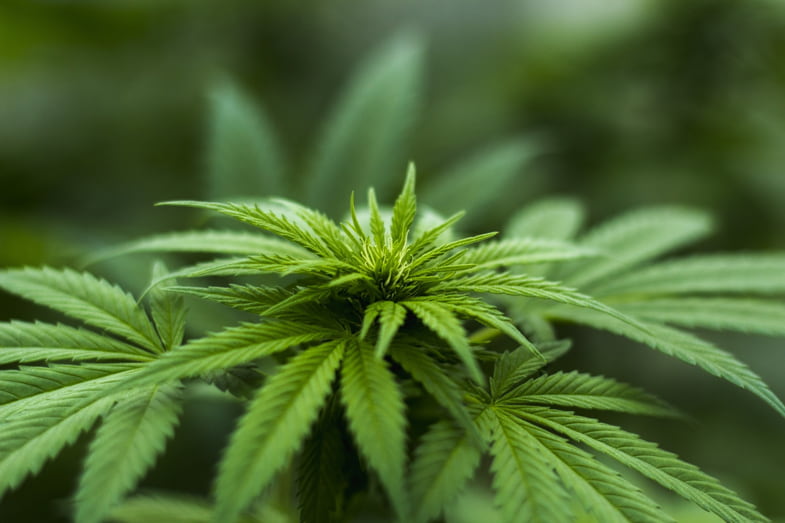

Hemp oil and CBD oil: what are the differences?
By now you should have guessed what the difference is between these two oils.
In a nutshell, there are two main differences.
- The first and most important is the chemical composition: CBD oil contains cannabinoids and terpenes, while hemp oil does not.
- The second refers to the areas of application.
Due to its possible anti-inflammatory and calming properties, Cannabidiol oil is mainly used (for topical use) in the medical field. Hemp oil, on the other hand, is used in the field of food and cosmetics, as it is rich in nutrients.
These are fundamental differences, pertaining to both the structure of the product and the benefits associated with its use.
In conclusion
If you wonder which oil is the most suitable for you, you will have understood that the choice depends on your needs. The important thing is to choose quality products, to avoid any risk to health and immediately benefit from the advantages of their use.
See you on Justbob!


